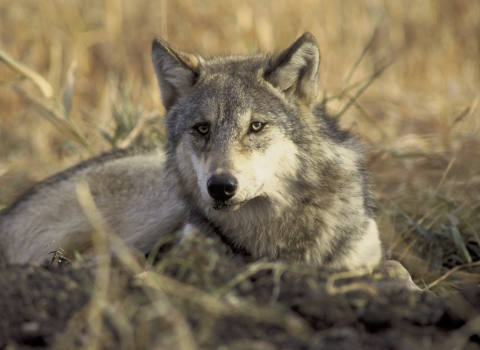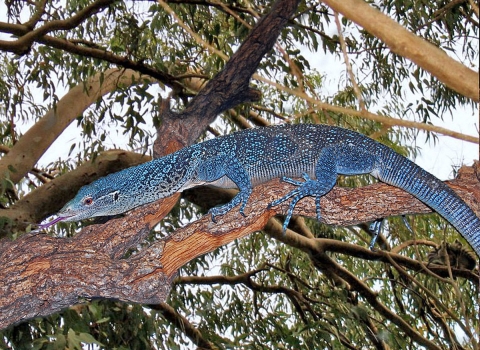WASHINGTON – In response to a rise in international trade in live African elephants, the U.S. Fish and Wildlife Service is proposing an amendment to the 4(d) rule of the Endangered Species Act (ESA) to benefit African elephant conservation in the wild while improving the welfare of captive elephants under U.S. jurisdiction.
African elephant numbers in the wild have fallen from as many as 26 million individuals at the end of the 18th century to an estimated 415,000 today. Over the years, they have faced numerous threats from habitat loss and degradation, to poaching for ivory, to killings resulting from human-wildlife conflicts. Today, the trade in live African elephants is adding to the challenges they face.
“We are committed to responding to immediate threats and doing what’s best for African elephant conservation, while supporting the efforts of African elephant range countries to protect and manage their elephant populations,” said U.S. Fish and Wildlife Service Director Martha Williams. “This proposed rule will help ensure any imports of live African elephants into the United States contribute to enhancing the conservation of the species in the wild and that live African elephants in the United States are humanely and appropriately cared for throughout their lifetimes.”
African elephants were first listed as threatened under the ESA in 1978. Section 4(d) under the ESA provides the Secretary of the Interior with broad discretion to issue regulations tailored to the specific conservation needs of the threatened species. The fourth and most recent amendment to the 4(d) rule for African elephants, made in 2016, was in response to increased poaching of elephants for ivory. Now, the proposed changes are in response to an increase in exports of live African elephants from their range states.
The proposed changes include:
- Establishing permit and specific enhancement requirements for the import of wild-sourced African elephants, as well as requirements to ensure proposed recipients of live African elephants, including their offspring, are suitably equipped to house and care for the animals.
- Clarifying the existing enhancement requirement for permit applications to import African elephant sport-hunted trophies.
- Requiring any import of live African elephants, African elephant sport-hunted trophies, and African elephant parts and products other than ivory into the United States to be limited to countries included in Category 1 under the Convention on International Trade in Endangered Species of Wild Fauna and Flora (CITES) National Legislation Project, meaning the country has legislation and tools in place for effective implementation of CITES.
This rule, if finalized, would establish an annual certification requirement for range countries that allow for export of sport-hunted trophies destined for the United States to provide the Service with information about the management and status of African elephants and the hunting programs in their country.
The proposed changes will benefit African elephants in numerous ways: They will help ensure any imports of live African elephants into the United States contribute to enhancing conservation of the species in the wild and that live African elephants are well cared for throughout their lifetimes. They will help increase efficiency of permit application evaluations and ensure authorized imports contribute to enhancing the conservation of the species in the wild. Lastly, they are designed to encourage applicable foreign governments to ensure they have adequate national legislation and tools in place to effectively implement CITES and may also encourage implementation of effective management measures to enhance African elephant conservation.
The proposed rule will publish in the Federal Register Nov. 17, 2022, and be open for public comment for 60 days. Please go to www.regulations.gov for more information.
-FWS-
The U.S. Fish and Wildlife Service works with others to conserve, protect and enhance fish, wildlife, plants and their habitats for the continuing benefit of the American people. For more information, visit www.fws.gov and connect with us on social media: Facebook, Instagram, Twitter, LinkedIn, Flickr and YouTube.


